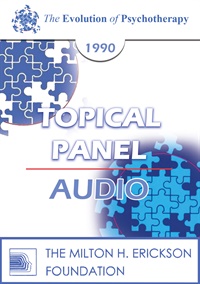EP90 Panel 05 - Training Psychotherapists - James F.T. Bugental, PhD; Arnold Lazarus, PhD; Salvador Minuchin, MD; Miriam Polster, PhD
- Average Rating:
- Not yet rated
- Topic Areas:
- Topical Panels | Psychotherapy | Therapist Development | Art and Creativity
- Categories:
- Evolution of Psychotherapy | Evolution of Psychotherapy 1990 | Pioneers in Couples and Family Therapy
- Faculty:
- James Bugental, PhD | Arnold Lazarus, Ph.D. | Salvador Minuchin, MD | Miriam Polster
- Duration:
- 54 Minutes
- Format:
- Audio Only
- Original Program Date:
- Dec 13, 1990
- License:
- Never Expires.
Description
Description: This panel explores what truly shapes effective therapists—from personal therapy and artistic exploration to mentorship and non-clinical work. Panelists reflect on the balance between technique and authenticity, challenging rigid training models in favor of emotional range and professional voice.
Moderated by Ellyn Bader, PhD.
Educational Objectives:
- To compare and contrast clinical and philosophical perspectives of experts.
*Sessions may be edited for content and to preserve confidentiality*
Credits
Handouts
| Timestamped Transcript (736.3 KB) | 16 Pages | Available after Purchase |
Faculty
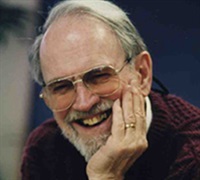
James Bugental, PhD Related Seminars and Products
James Bugental, PhD, was one of the predominant theorists and advocates of the Existential-Humanistic Therapy movement. He received his Ph.D. from Ohio State University in 1948, was named a Fellow of the American Psychological Association in 1955, and was the first recipient of the APA's Division of Humanistic Psychology's Rollo May Award. James devoted himself to teaching and writing; he was also an Emeritus Professor, Saybrook Institute, and an Emeritus Clinical Lecturer (formerly Associate Clinical Professor), Department of Psychiatry, Stanford University Medical School. In 1987, he was the recipient of the first annual Rollo May Award of the Mentor Society "for contributions to the literary pursuit," and in 1986, he received a certificate "in recognition of the distinguished contribution to the discipline of Clinical Psychology" from the Division of Clinical Psychology, American Psychological Association. He was a past president of the Association for Humanisitic Psychology and served on the editorial boards of eight professional journals. Bugental has written 150 articles, reviews, comments, and chapters in books edited by others.
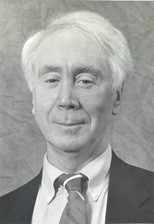
Arnold Lazarus, Ph.D. Related Seminars and Products
Arnold A. Lazarus, Ph.D., was Distinguished Professor at the Graduate School of Applied and Professional Psychology at Rutgers University. Lazarus served on the editorial boards of ten professional journals. He was president of the Association for Advancement of Behavior Therapy and received the Distinguished Service to The Profession of Psychology Award from the American Board of Professional Psychology. His Ph.D. was granted in 1960 from the University of the Witwatersrand, Johannesburg, South Africa. He has authored four books; co-authored, edited, or co-edited seven; and authoered or co-authoered more than 150 professional papers and chapters.
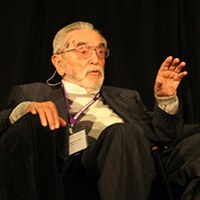
Salvador Minuchin, MD Related Seminars and Products
Salvador Minuchin, MD, developed Structural Family Therapy, which addresses problems within a family by charting the relationships between family members, or between subsets of family. He was Director of the Philadelphia Child Guidance Clinic. Although it was minimally staffed when he began, under his tutelage the Clinic grew to become one of the most modeled and respected child guidance facilities in the world. In 1981, Minuchin began his own family therapy center in New York. After his retirement in 1996, the center was renamed the Minuchin Center. Dr. Minuchin is the author of many notable books, including many classics. His latest is Mastering Family Therapy: Journeys of Growth and Transformation. In 2007, a survey of 2,600 practitioners named Minuchin as one of the ten most influential therapists of the past quarter-century.
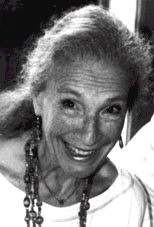
Miriam Polster Related Seminars and Products
Miriam Polster, Ph.D, is co-director of the Gestalt Training Center in San Diego, and Assistant Clinical Professor at the Department of Psychiatry, School of Medicine, University of California, San Diego. Along with her husband, Erving Polster, she is co-author of a book on Gestalt therapy. She received her Ph.D. in Clinical Psychology from Case Western Reserve University in 1967.


